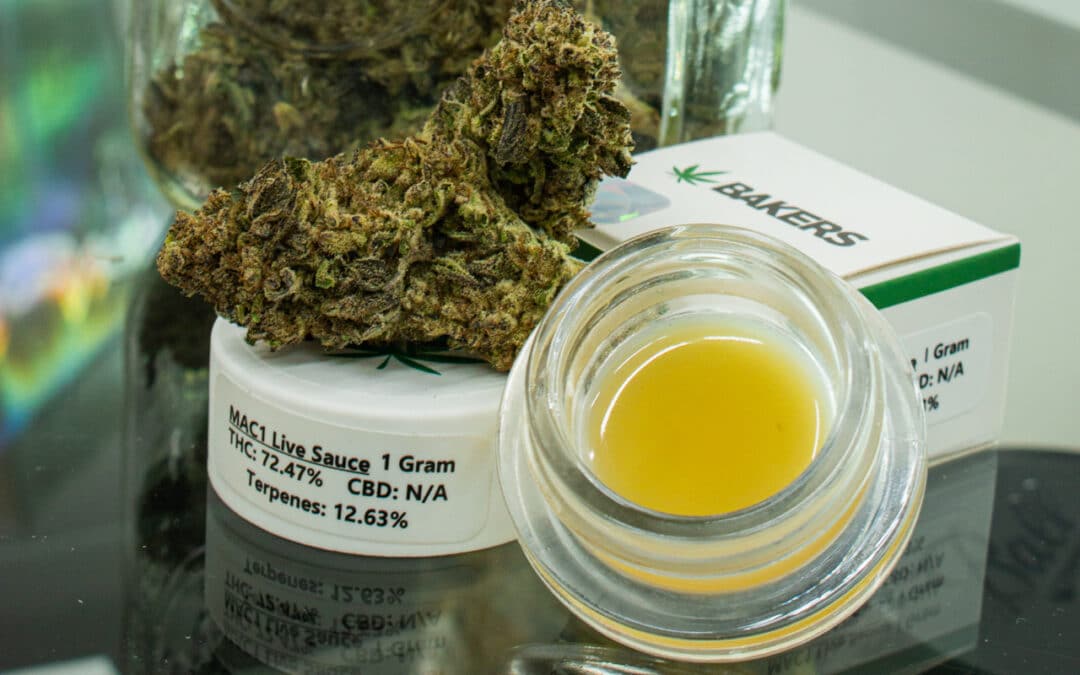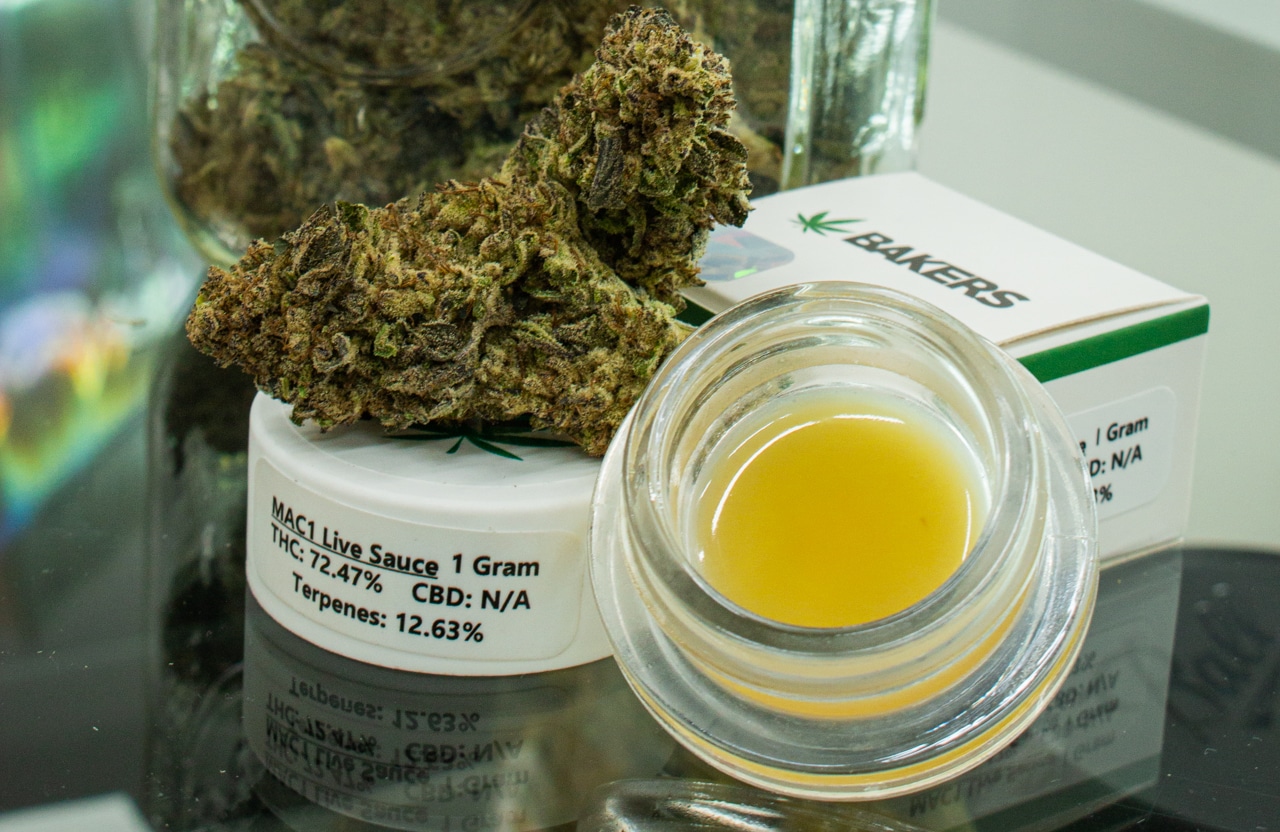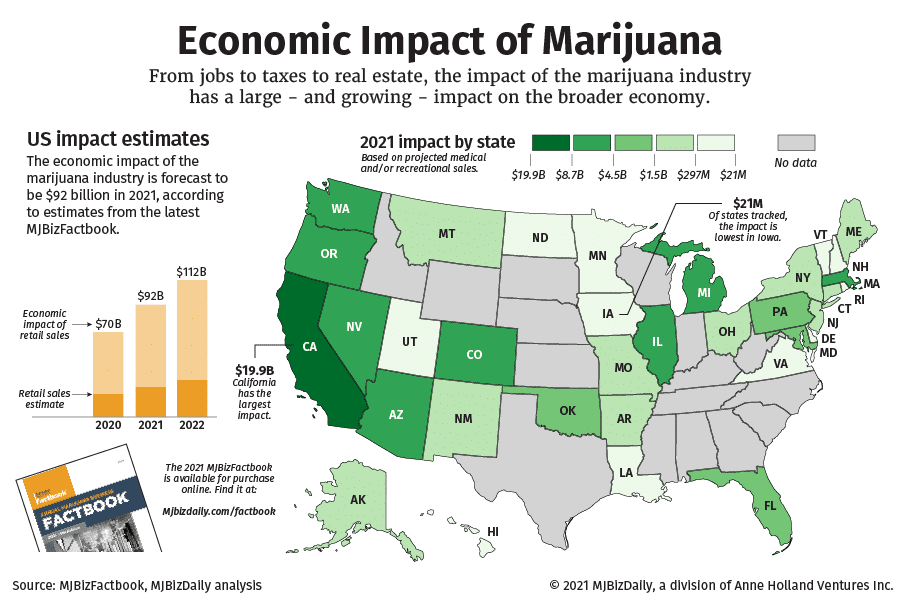
Tennessee Medical Marijuana Bill Introduced

A bill introduced to the Tennessee General Assembly in early February that would legalize medical marijuana in the state has moved into the Senate Judiciary Committee for discussion. SB 2477 and HB 2458 were introduced by Reps. Janice Bowling (R) and Iris Rudder (R) respectively.
These bills together establish the framework for a regulated Tennessee medical cannabis industry. Patients with qualifying conditions would be able to purchase cannabis products from licensed retailers. Licensing and regulations for cultivation, production, distribution, transport, selling, and acquiring cannabis for medical use and research will be created.
Tennessee medical marijuana cards will be available to patients and caregivers. Patients and caregivers must be 18 years or older to obtain a medical marijuana card. However a caregiver may not use medical marijuana without having a qualifying condition themself. A Tennessee medical marijuana card will be valid for two years, with an option for renewal.
The bill requires a patient registry to be established by June 1, 2023. This includes application forms and procedures for obtaining patient and caregiver medical marijuana cards, and an integrated, electronic system for tracking the application process and the status of medical marijuana cards.The commission must ensure that a process is available for healthcare providers to electronically report a qualifying diagnosis as part of the patient medical cannabis card registry process by September 30, 2022.
This Tennessee medical marijuana bill will create the Tennessee medical cannabis commission, which will have 12 members. The Governor, Speaker of the Senate and Speaker of the House must make their initial appointments to the commission by August 30, 2022. However each member of the commission must meet specific, individual requirements which are as follows:
(1) One person with professional experience in industrial or agricultural systems management, including commodities, manufacturing, or distribution in a regulated industry;
(2) One person with professional experience in legal or social justice issues related to a regulated industry;
(3) One person with professional experience in public health, mental health, substance use, toxicology, biochemistry, or medical research and
(4) One person with professional experience in the field of law enforcement and peace officer standards (POST) certification;
(5) One person with experience in multiple crop development and agricultural practices;
(6) One person with experience in complex agriculture, health, science, business, or government systems;
(7) One person who is a licensed pharmacist; and
(8) One person with professional experience in the field of law enforcement and POST certification;
(9) One person with experience in public or rural land use management;
(10) One person who is a physician licensed to practice in this state;
(11) One person who is licensed to practice law in this state; and
(12) One person with professional experience in agricultural lending or banking or with state-chartered banks or credit unions.
Each member of the commission will receive $700 for each meeting of the commission that the member attends and will be reimbursed for their actual and necessary expenses incurred in connection with their official duties.
The bill also specifies that the state will regulate medical marijuana from seed to sale to use and reasonably regulate and control all aspects of industry. Any county or municipality seeking to ban the cultivation, processing, manufacture, or sale of medical cannabis may do so by a two-thirds vote of the local legislative body. This must be done by April 1, 2023.
Tennessee medical marijuana law will impose a 9% tax rate on retail medical marijuana sales, with an additional 2.1% maximum permitted from counties or municipalities. The bill also includes a 10% excise tax applied to net earnings.
Tax collected from the retail sale of Tennessee medical marijuana will be apportioned and allocated in the following manner:
(1) Five percent to the POST commission for opioid and methamphetamine drug enforcement training purposes;
(2) 25 percent to the department of agriculture for programs and grants administered by the department that facilitate agricultural development in this state, including, but not limited to, the agriculture enterprise fund and the Tennessee agricultural enhancement program;
(3) 20 percent to the department of economic and community development for community and rural development program grants administered by the department;
(4) 45 percent to the medical cannabis fund; and
(5) Five percent to the department of veteran’s services for programs administered by the department that provide treatment for veterans diagnosed with post-traumatic stress disorder.
Lastly, the bill will license medical cannabis cultivation operations which will be able to sell and distribute cannabis products to retail dispensaries. The bill currently does not include any cap on how many licenses may be given out for cultivations.
The bill will allow the following medical conditions to quality for Tennessee medical marijuana: cancer; glaucoma; epilepsy; HIV/AIDS; Crohn’s disease; muscular sclerosis; opioid addiction; renal failure; severe nausea or chronic pain and many more. The commission may, by rule, add other qualifying conditions at any point.











